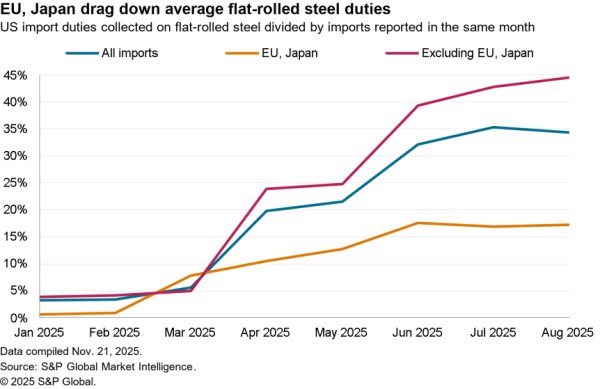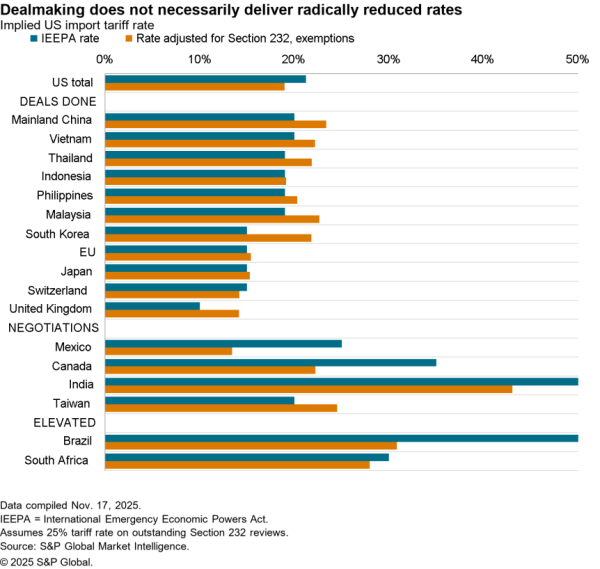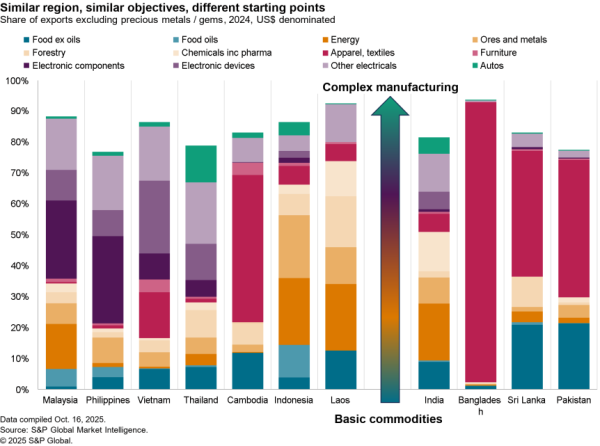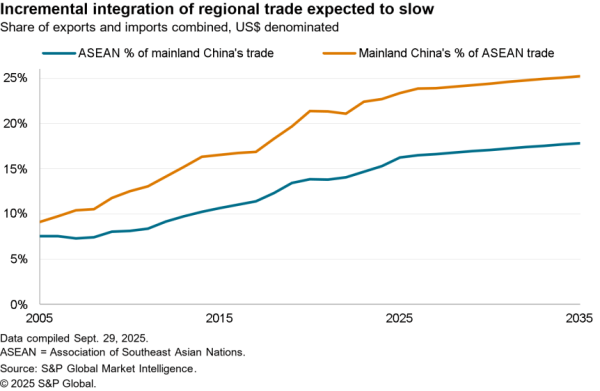U.S. crude oil import growth ground to a halt in June, increasing just 0.6% on a year earlier compared to 23.9% in May, Panjiva data shows. Shipments from central- and south America did worst with Mexico falling 10.4%, Colombia 20.9% and Venezuela by 19.4%. Most suppliers to the U.S. experienced a decline, with the notable exception of Iraq that jumped 73.3% on a year earlier. Preliminary EIA data suggests this decline accelerated to 3.9% in July.

Source: Panjiva
Aside from increasing U.S. energy independence, the administration of President Donald Trump has also targeted increased energy exports. While that has been focussed mostly on liquefied natural gas, as outlined in Panjiva research of August 17, there has also been a 105% rise in crude oil exports. That represented, however, a 25.6% drop on a month earlier. The U.S. is still a long way from being a net exporter, with exports in June only equivalent to 12.0% of imports by volume.

Source: Panjiva
The slowdown in imports likely continued in July, with imports by sea having fallen by 25.4% on a year earlier. Among the major refiners the fastest rate of decline came from Chevron, where shipments fell 56.5%. There have been outliers among the mid-size operators. Saudi Refining climbed 16.3% following its demerger from the Motiva joint venture with Shell. LyondellBassell meanwhile accounted for 7.0% of imports from zero in February after it appeared to alter sourcing policies for its Houston refinery.
The wildcard in the coming months may be PdVSA-owned Citgo. It accounted for 5.5% of imports in the past year, and relies on its Venezuelan parent company for fuel supplies. Should the U.S. government choose to extend sanctions from financial to oil operations its supply chain could suffer a marked disruption.

Source: Panjiva
The tanker operators as a group suffered from the downturn in volumes, which has added to the falling rates most suffered during the second quarter. That’s shown by likely 8% drop in revenues they saw for the period. Some did better than average. Number one tanker operator AET, owned by MISC, only saw a decline of 14.3% on a year earlier, while competitor Teekay saw a 30.5% slump. Among the second tier operators Heidmar has emerged as a clear third place, while Penfield has struggled to retain volumes despite a burst of growth in the second quarter.
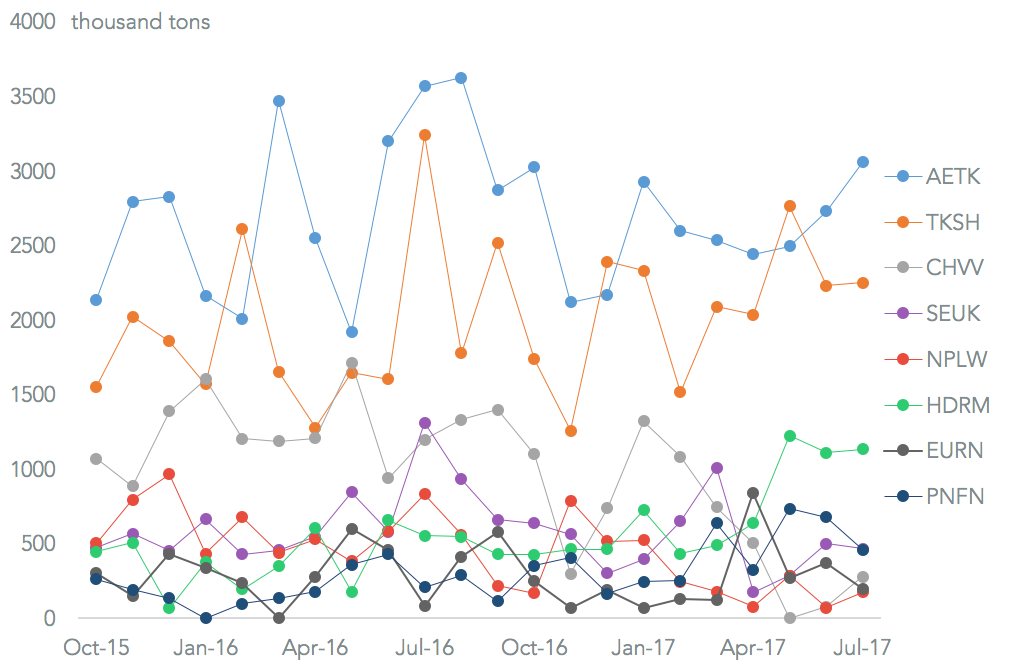
Source: Panjiva
